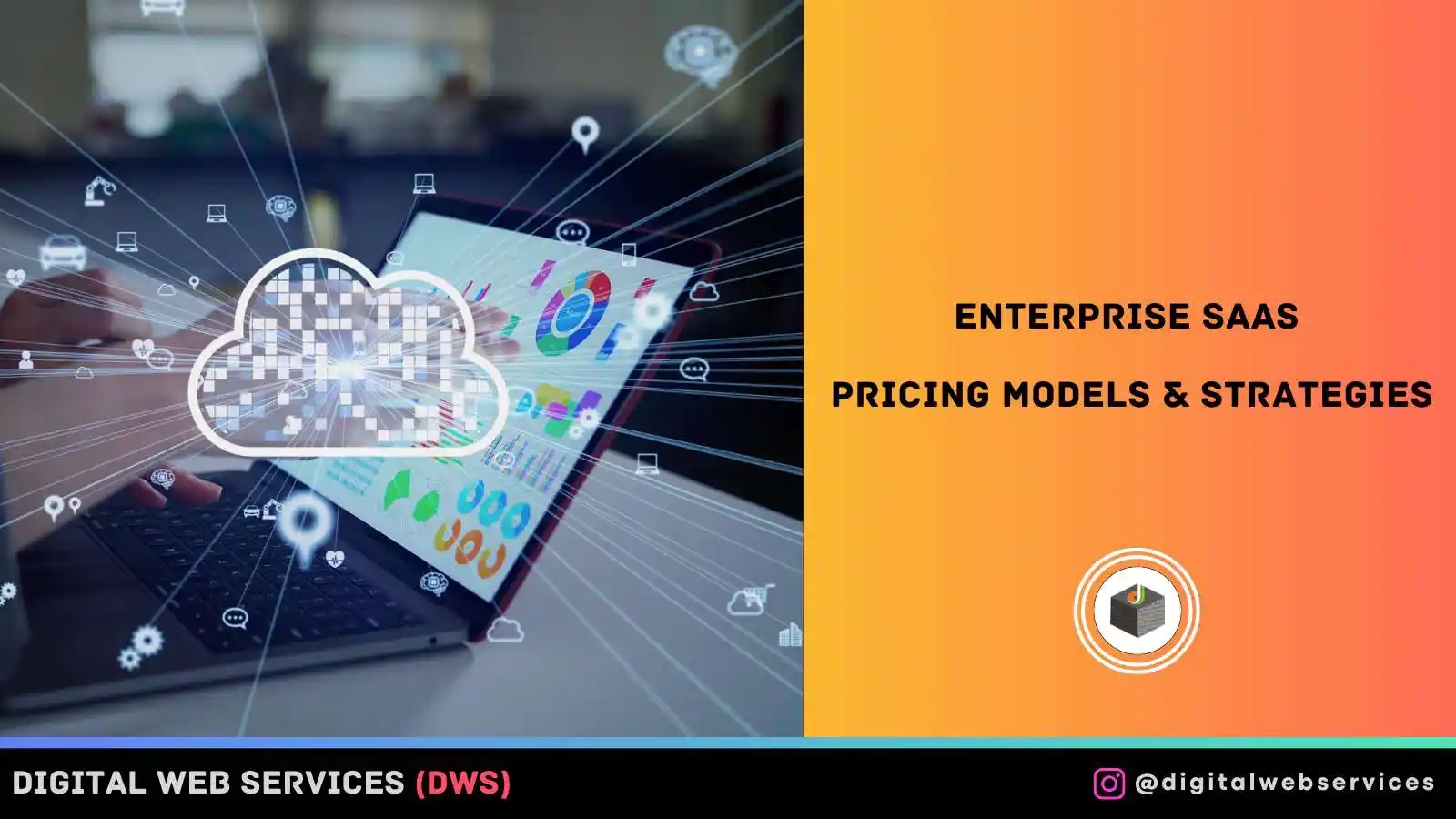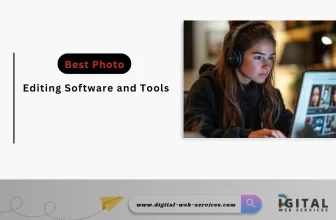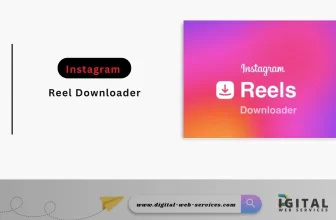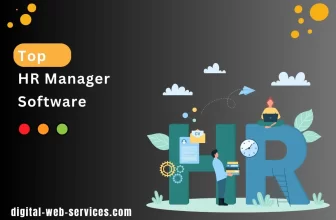
You have to monetize your project from the very first day. Think of monetization as a feature that your product must have. It will significantly increase your chances of success. Usually, you develop product features for customers, but this one is aimed specifically at you because it will give you the motivation to work.
Motivation and perseverance are the key drivers of your project’s development. Value gives motivation. That is why it is important to choose the right pricing model and strategy from the very beginning. Software Pricing Partners will assist with the right ones, but let’s define what each of them implies.
Options for prices
You can select from five different pricing models to see which one will work best for your company if you are thinking about implementing a subscription strategy.
1. Fixed-rate
This pricing model, as its name implies, charges customers a single price for all of their services. This is best suited for startups with a homogeneous client base and a single product with limited capabilities. This method is simple for the company and understandable for the consumer.
2. Tiered pricing
It describes the provision of various packages at various costs. This is particularly effective for businesses with a wide range of clients and different levels of service. This kind of pricing is extremely prevalent among SaaS businesses. It is flexible and scalable, it improves the vital value of the client since he has the opportunity to increase or decrease the level of service depending on his needs.
3. Pay per function
With this model, the client receives a basic product offer at a certain price, and then adds new options for an additional fee. This is effective when your customers are aware of the features they require and can form the final package for themselves from the main product and the additional options offered.
4. Payment per user
Businesses charge each customer who uses their product. This performs well for IT products when the cost of the package varies from the number of licenses in the package. The model also showed its effectiveness in the B2B segment. It is easy to understand and aids in scaling revenue as user numbers rise.
Following the type of business, one of these models may be more appropriate and effective. To understand which one, study the market situation and the competitive environment, and then develop a strategy that will best match the product and the company’s objectives.
5. Freemium model
With this business model, you can offer a service with free basic or trial features but charge for more sophisticated premium features. The model is popular among businesses using a variety of software options and is particularly sought after by those who create mobile applications. The primary goal of the free basic package (Free) is to engage the user in using the products or services, whereas the primary goal of premium tariffs is to make money off of them.
Remember that you always have the opportunity to beta-test new products and approaches to ensure that your new model will be well appreciated by customers.
Pricing strategies
The main goal of the pricing strategy is to maximize the profit that your product brings.
Costs plus profit
The most basic pricing model. You calculate how much money was spent on the project and add the amount on top that will bring you profit. This increase in value will determine the value of your product. This strategy has a disadvantage: if your expenses suddenly increase in the future, then your profit will decrease, and you will have to raise the price.
Prices with an eye on competitors
If you do not know how much your product can cost, look at the analogs from competitors. This approach is especially suitable when launching a project in a new industry. The disadvantage of the method is that you may not want to depend on competitors from the very beginning. If you want your product to be unique, this should also be reflected in the price. Therefore, you should not constantly look back at competitors, just study their experience. Such a strategy is most often used in combination with other pricing methods.
From the benefit of the consumer
Pricing depends entirely on research and surveys among customers. If you want to find out how much people are willing to pay for your product, you have to find out from them. This strategy has many advantages: for example, you know the wishes of customers better. However, it should be applied after some improvements and when you already have a good customer base.
Digital Web Services (DWS) is a leading IT company specializing in Software Development, Web Application Development, Website Designing, and Digital Marketing. Here are providing all kinds of services and solutions for the digital transformation of any business and website.










